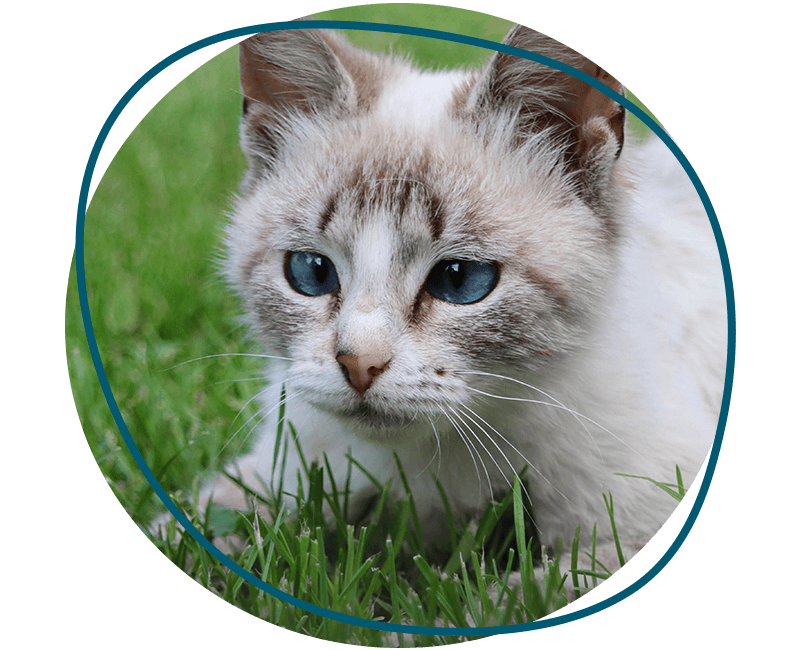- (919) 646-4100
- 1239 NW Maynard Rd, Cary, NC, 27513
- Mon - Sun: 8am - 7pm
The Importance of Spaying and Neutering: Helping Control Pet Overpopulation
Understanding the crucial role spaying and neutering play in pet health and community welfare is essential for every pet owner. Beyond preventing unwanted litters, these procedures bring numerous benefits that contribute to the long-term well-being of your furry companions. At Maynard Animal Hospital, serving Cary, Apex, Raleigh, and surrounding communities, we are committed to supporting responsible pet ownership through education and expert care.
Why Spaying and Neutering Matter
Spaying (for females) and neutering (for males) are surgical procedures that prevent animals from reproducing. But their impact goes far beyond birth control:
- Reduces Overpopulation: Millions of pets end up in shelters each year, many facing euthanasia due to overcrowding. According to the American Veterinary Medical Association (AVMA), spaying and neutering are among the most effective ways to help reduce the number of homeless pets.
- Improves Behavior: Neutered pets are generally less aggressive, less likely to roam, and have fewer marking behaviors.
- Enhances Health: These procedures can prevent certain cancers, infections, and uterine diseases, which can lead to a longer, healthier life for your pet. Learn more about our spay and neuter services.
- Protects the Community: Controlling the pet population reduces stray animals, lowering the risk of traffic accidents and the spread of disease.
Common Myths Debunked
Despite the clear benefits, some pet owners hesitate due to misconceptions. Understanding the facts can help make informed decisions:
- Myth: Spaying or neutering will change my pet’s personality.
Fact: As explained by the American College of Veterinary Surgeons (ACVS), these procedures calm pets without negatively affecting their intelligence or affectionate nature. - Myth: My pet should have at least one litter before being spayed or neutered.
Fact: There is no medical benefit to letting your pet have a litter. Early spaying or neutering is often recommended to prevent health problems. - Myth: The surgery is risky and painful.
Fact: Spaying and neutering are routine surgeries with high safety standards. At Maynard Animal Hospital, we integrate pain management and detailed post-surgical care to ensure a smooth recovery.
When to Spay or Neuter Your Pet
The timing of the procedure depends on your pet’s species, breed, and overall health. Generally:
- Cats: As early as 5 months old.
- Dogs: Between 6 to 9 months old, though some breeds may benefit from earlier or later procedures based on research from UC Davis Health.
If you’re unsure when to schedule the surgery, our team can guide you through the best approach during a wellness exam.
The Process at Maynard Animal Hospital
Choosing Maynard Animal Hospital means entrusting your pet to skilled professionals who focus on safety and comfort. Our approach includes:
- Comprehensive Pre-Surgical Exam: We ensure your pet is healthy and ready for surgery.
- Safe Anesthesia Practices: We follow careful protocols to ensure your pet’s safety throughout the procedure.
- Integrated Pain Management: Pain control is a priority throughout the procedure and recovery.
- Clear Aftercare Instructions: We provide step-by-step guidelines and remain available for any questions.
Broader Benefits for the Community
Spaying and neutering don’t just benefit individual pets—they help the entire community by:
- Reducing Stray Animals: Prevents traffic hazards and property damage.
- Lowering Shelter Burdens: Frees resources for animals in need.
- Supporting Public Health: As noted by the NC Department of Agriculture & Consumer Services, controlling pet overpopulation helps reduce zoonotic disease risks.
Whether you have a new puppy, kitten, or an adult pet, the team at Maynard Animal Hospital is here to help you make the best choices for their health. Request an appointment today or contact us to discuss your pet’s needs.

All Pet Needs Under One Roof
Compassionate veterinary care in Cary
Maynard Animal Hospital provides compassionate, high-quality veterinary care for dogs and cats in Cary, Apex, Raleigh, and the surrounding areas.

Maynard Animal Hospital provides compassionate, high-quality veterinary care for dogs and cats in Cary.
Quick Links

Hours
Open 7 Days a Week
Mon - Sun: 8am - 7pm
Mon - Sun: 8am - 7pm





